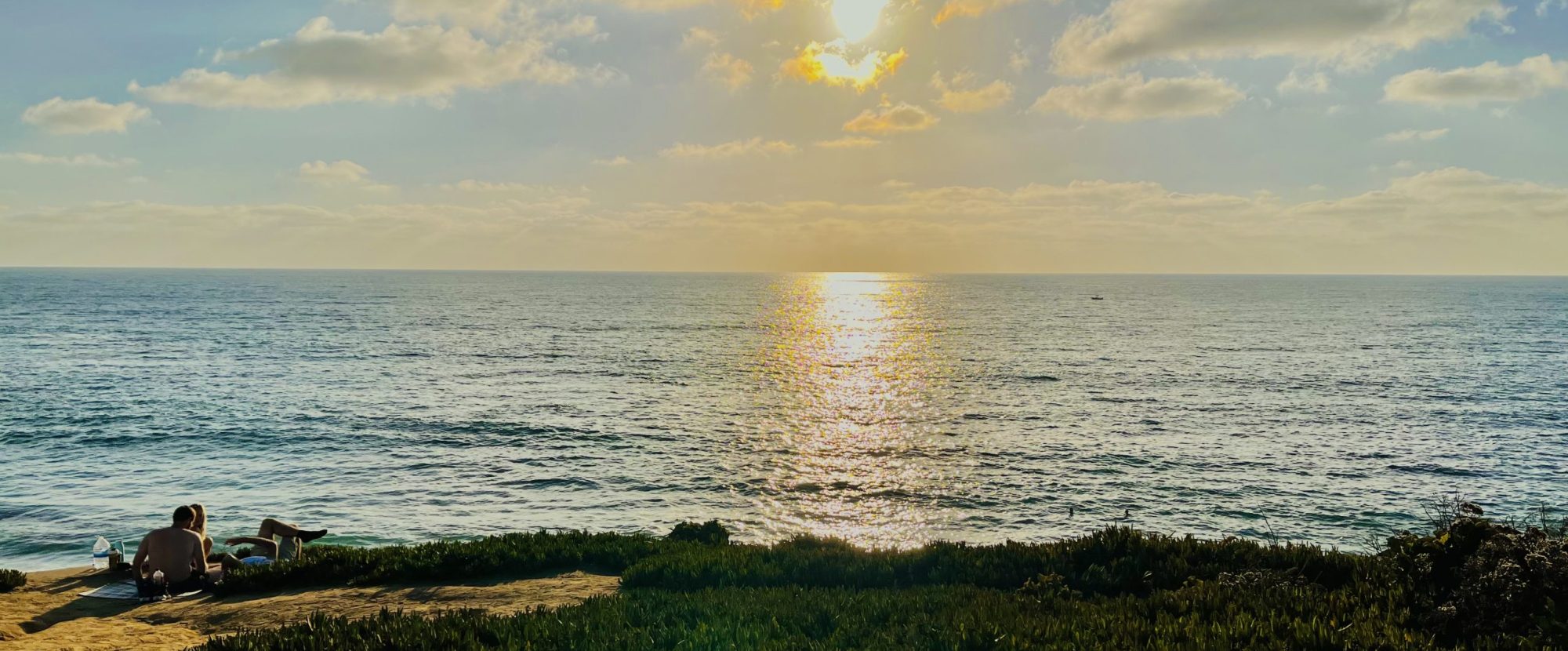I am going to do what Professor Stephens encouraged us to try and tell a story using emojis. Here it is:

My emoji story is based on what I thought about in the mini exercise Professor Stephens had us do at the beginning of his Power of Stories (n.d.) lecture, when he asked us to close our eyes and imagine ourselves as a kid in the summer. What I saw were the faces of my maternal grandmother and siblings in the interior of my neighborhood public library in the year 2004 in Long Beach, California. Inside, the library was full of people. Outside, it was a hot, bright, sunny day. We were sitting on plastic chairs in the community meeting room, the AC keeping us cool, watching a large snake being held by two reptile zoo workers. I loved those days. Visiting the library in the summer gave my family and me respite from the heat outside and inside our home, which had no AC. It also supplied us with free entertainment through its live events, internet, and many books, all blessings for my low-income household.
When I think of my stories—the stories of my life that make me, me—and all the stories I have heard or read that have expanded my knowledge and empathy, I cannot help but think of the multitude of stories out there that people carry within them and others that are recorded in some format, that are just waiting to be heard for the first time, or again. In the words of Professor Stephens, “Every voice should be heard. Every story told” (Paxaman, 2019). Fortunately, libraries have made and are still making efforts to ensure that there are sharers and listeners.
It is remarkable that libraries are creating room to accommodate the stories of everyday individuals, especially of those belonging to marginalized groups, through programs like the Human Library, in which certain people are referred to as “human books” for their desire to share their life stories with others referred to as “readers” for their willingness to listen to them. The project has been impactful, with readers communicating how their outlooks toward others have changed profoundly (Arne-Skidmore, 2021). Libraries have concluded that whether stories are shared in the written or spoken form, they all have the potential to alter lives. That is the inherent power of stories.

Hi Wendy,
I love your emoji story! Your family at the library with the sun and the snake is such an evocative picture, and it really makes me feel as if I were there. (It’s also really cool that your library was able to provide such a cool program; I’m sure it was a really popular one.)
I also really connected with your point about stories expanding your knowledge and empathy, and think that the “human books” concept is a great way to make that link even more direct — if patrons are willing to hear people’s stories straight from them, especially from people who have had wildly different experiences than them, they’ll be able to empathize with them even more easily than if they had simply read a book.
Thanks for the great post!
Alice
Hello, Alice!
I remember all of their programs being quite popular. Did your local public library offer any?
Yes, the “human book” concept appears to be just as powerful as books in eliciting emotions and growing empathy.
Thank you for your post.
Best,
Wendy R.
Weirdly, even though I went to my library at least once a week growing up, the only programs I really remember going to were story times and book sales. I’m sure they had more innovative ones, I just must have missed out on them. It really goes to show how important outreach is!